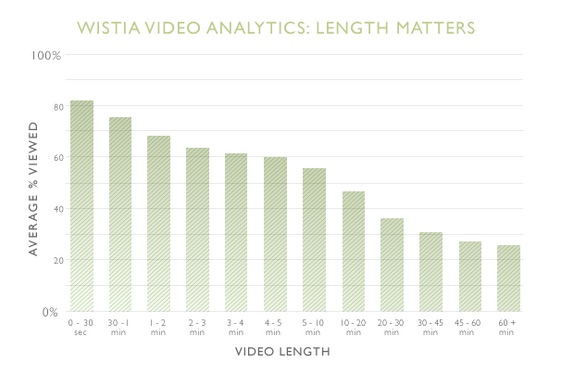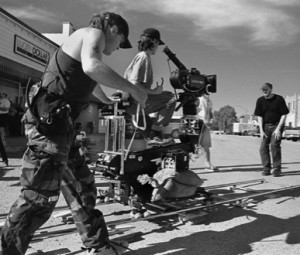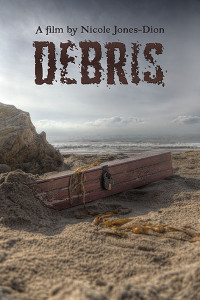With the growing popularity of video content, brands are rushing to adapt to telling their stories in a video format. According to ReelSEO, it’s expected that by 2019, 80% of the world’s internet traffic will be video. That’s a huge number that brands will have no choice but to embrace.
As content shifts from something we read to clips and promotional videos, writers and content marketers are going to be depended on to get involved in writing these scripts and concepts. Many of them have never written anything for video before, but that doesn’t mean they aren’t up to the task. They just need to keep in mind a few things as they adapt their writing into a different means of consumption.
Keep Up With the Latest Video Trends
Many successful marketing videos are appropriations or parodies of what’s already out there. HubSpot created a parody of Gangnam Style. Grasshopper created Sh*t Entrepreneurs Say. Both companies modeled their content after current video trends.
Don’t get ahead of yourself and start copying every viral video you see, but keeping abreast of popular trends will inspire your own work and teach you about what kinds of content do and do not work for video.
Think Carefully About the “How”
It’s fun to write elaborate chase scenes filled with lots of explosions, but unless you personally know how to produce and shoot these scenes in real life, within budget, it’s probably not going to happen. Video production is hard. There’s a ton of prep work to get the set ready, each shot takes time to set up and shoot, and you are limited by the skills the team you’re working with has in their back pocket. When you’re writing, do you best to write within your resources and consider in detail how your team is going to be able to pull it off.
Think Short and Sweet
Most people won’t watch a video for more than 60 seconds. Writing a script for a marketing video is practically a different world from writing for SEO—you need to be as concise as possible.
Wistia, a video hosting company for businesses, found that if a video is 30 seconds long, people will watch 80 percent of the video on average. If a video is 60 minutes or more, people will only watch about 25 percent of the video.
Script writing is an exciting new challenge for content marketers and freelance writers. After a slight learning curve, you’ll be sure to pick up on the do’s and don’ts before you know it.



